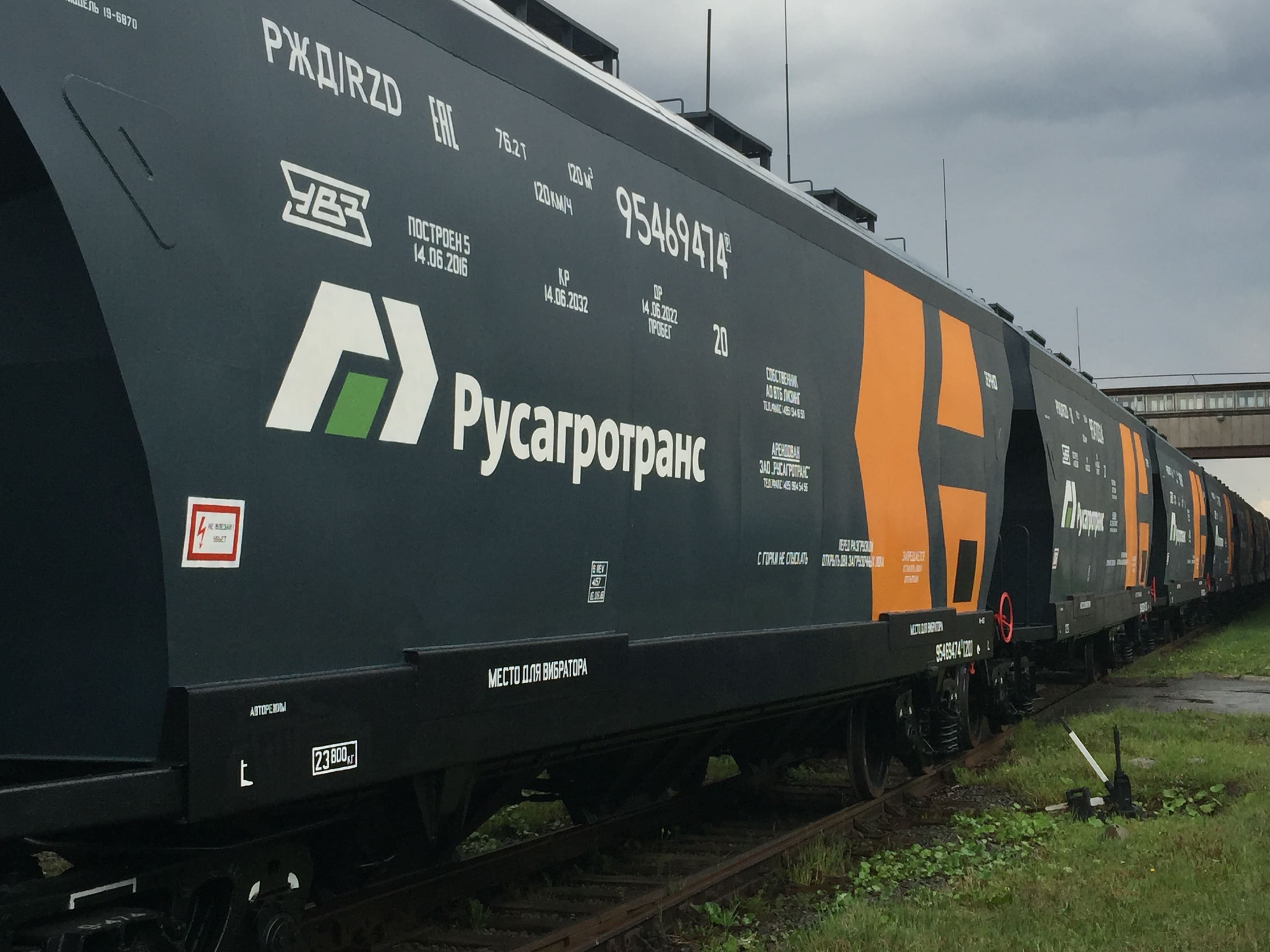
Demetra-Holding has closed a deal of consolidation the rail assets of the RusTransCom Group of Companies (hereinafter RTC), it’s a part of Demetra-Holding's strategy for development of the company's logistics and trading assets.
The integration of companies would contribute to the efficiency improvement of logistics chains within the country, the modernization of the logistics infrastructure of the market and the optimization of grain deliveries for export, which will eventually strengthen the positions of Russian agro-industrial products on the global markets.
Demetra-Holding intends to continue implementing the strategy of the RTC Group designed to maintain the company's leading positions in the transportation by specialized trains, including agricultural, timber and bulk cargo, and transportation of mineral fertilizers.
As part of the integration of the companies, Alexey Gribanov has been appointed President of the RTC Group and First Deputy CEO of Demetra-Holding. He will manage the development of the rail and port segments of Demetra-Holding.
Sergey Emdin, CEO of Demetra-Holding:
'The RTC Group of Companies demonstrates strong positive momentum and stable financial results, which allows us to speak about the further effective growth of the company. We see the company's accumulated competence and industry expertise, as well as the team of professionals; and we will try to make the most of this potential for its further development. We have kept the key managers of RTC and have tried to make the integration process of the companies optimal for our clients.'
Konstantin Zasov, Member of the Board of Directors of Demetra-Holding, founder of the RTC Group of Companies:
'We were working together with Demetra-Holding during the last season. The synergy that arises by combining logistics assets into a single system is obvious to all market players. At the same time, Rusagrotrans and the other RTC assets remain universal logistics companies aimed at meeting the needs of each client regardless of the volume of transportation and geography of work.'